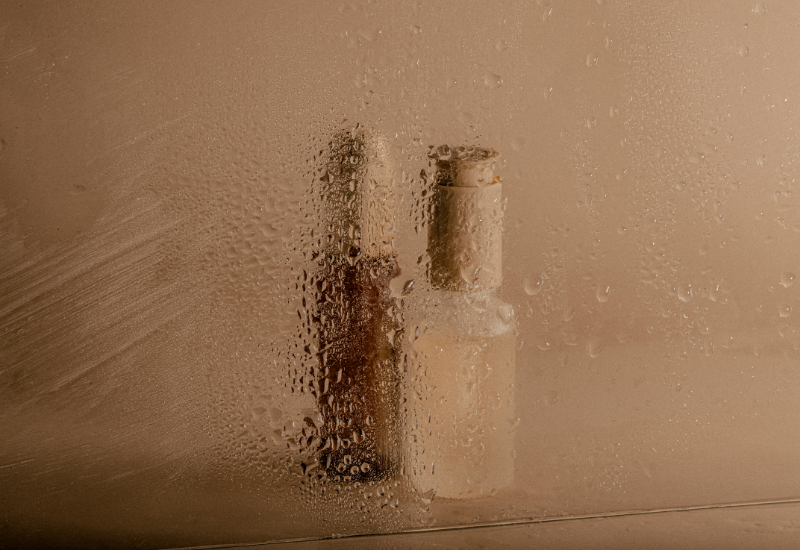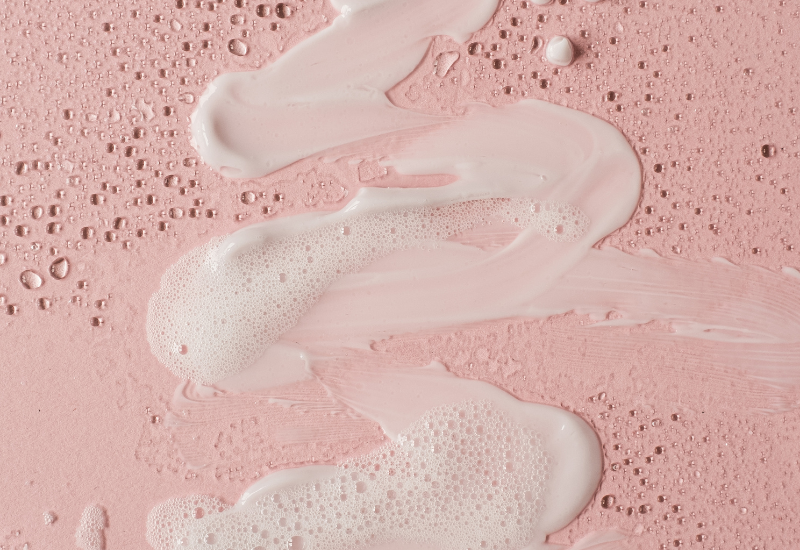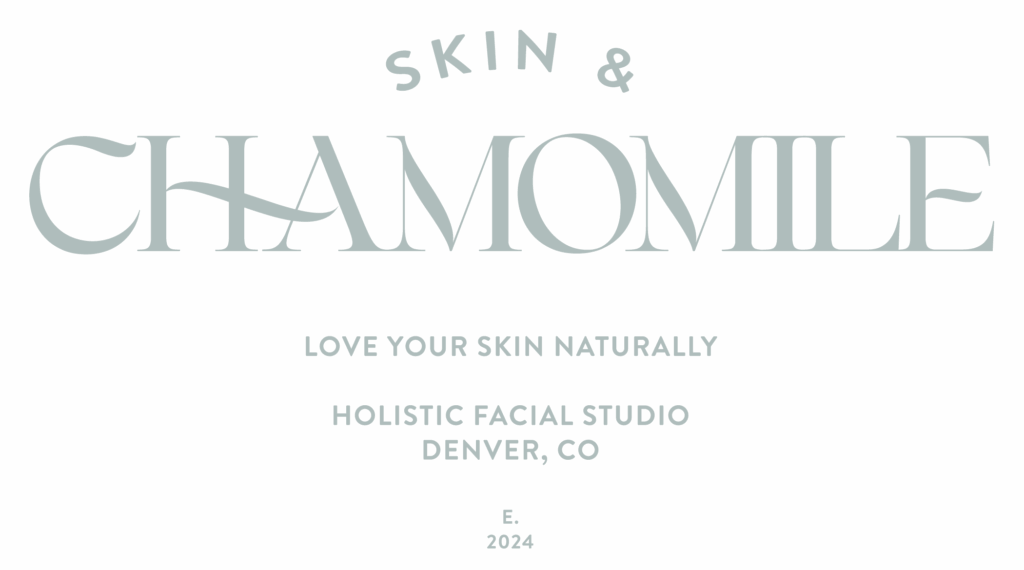
If you’ve ever felt like your skin reacts to everything—from new products to changes in weather to stress from daily life—you understand the unique challenges that come with having sensitive skin. It can feel like you’re walking on eggshells, never quite sure what might trigger the next bout of redness, irritation, or uncomfortable tightness.
The truth is, having sensitive skin doesn’t mean you have to settle for lackluster results or avoid effective treatments altogether. It simply means you need a more thoughtful, gentle approach that respects your skin’s reactive nature while still addressing your skincare concerns.
Understanding Sensitive Skin
Sensitive skin isn’t actually a specific skin type like oily or dry—it’s more of a condition that can affect any skin type. When we say skin is “sensitive,” we’re typically referring to skin that has a compromised barrier function, making it more reactive to external irritants and environmental factors.
This compromised barrier can result from various factors: genetics, over-exfoliation, harsh product use, environmental stressors, certain medical conditions, or even hormonal changes. When your skin barrier isn’t functioning optimally, irritants can penetrate more easily, triggering inflammatory responses that show up as redness, burning, stinging, or breakouts.
What makes sensitive skin particularly challenging is that it often presents differently from person to person. Your triggers might be completely different from someone else’s, and what soothes your friend’s reactive skin might actually make yours worse.
Common Sensitive Skin Triggers
Learning to identify your personal triggers is one of the most important steps in managing sensitive skin effectively. While triggers vary from person to person, some common culprits include:
Environmental Factors
Changes in temperature, wind, low humidity, and even air conditioning can irritate sensitive skin. In Colorado, our dramatic weather changes and dry climate can be particularly challenging for reactive skin types.
Skincare Ingredients
Fragrances, essential oils, alcohol-based toners, harsh cleansing agents, and high concentrations of active ingredients like retinoids or acids can all trigger sensitivity. Even some “natural” ingredients can be problematic for very reactive skin.
Lifestyle Factors
Stress, lack of sleep, certain foods, and even hormonal fluctuations can increase skin sensitivity. What your skin tolerates well when you’re relaxed and well-rested might cause irritation during stressful periods.
Over-Treatment
Sometimes the biggest trigger for sensitive skin is simply doing too much. Using multiple active ingredients, over-cleansing, or switching products too frequently can overwhelm even the most resilient skin.
The Gentle Treatment Philosophy
Effective treatment for sensitive skin is built on a foundation of “less is more.” This doesn’t mean accepting poor results—it means choosing treatments and ingredients that provide maximum benefit with minimal risk of irritation.
The key is supporting your skin’s natural barrier function while addressing specific concerns. When your skin barrier is healthy and intact, it’s naturally more resilient and less reactive to potential irritants.
Barrier Repair First
Before introducing any active treatments, focus on repairing and strengthening your skin barrier. This creates a strong foundation that can better tolerate beneficial ingredients introduced later.
Single Ingredient Testing
When trying new products or treatments, introduce only one new element at a time. This makes it easier to identify what works for your skin and what doesn’t, preventing the confusion that comes from changing multiple things simultaneously.
Patience with Progress
Sensitive skin often requires more time to show improvement, partly because you’re working more gently and partly because compromised skin needs time to heal before it can respond optimally to treatments.
Professional Treatments for Sensitive Skin
Many people with sensitive skin avoid professional treatments altogether, assuming they’ll be too harsh or irritating. However, when performed by experienced professionals using appropriate techniques and products, certain treatments can actually help strengthen and calm reactive skin.
Gentle Botanical Facials
Customized facials using organic, anti-inflammatory botanical ingredients can provide deep nourishment and calming benefits for sensitive skin. These treatments focus on gentle cleansing, hydrating masks, and soothing massage techniques that support barrier repair.
Lymphatic Drainage
This incredibly gentle massage technique helps reduce inflammation and puffiness while supporting your skin’s natural detoxification processes. For sensitive skin, lymphatic drainage can provide the benefits of improved circulation and reduced inflammation without any harsh manipulation.
Mild Enzyme Peels
While traditional chemical peels might be too aggressive for sensitive skin, gentle enzyme peels using fruit-derived enzymes can provide mild exfoliation and renewal without irritation. These treatments help remove dead skin cells that can make products less effective while being much gentler than acid-based alternatives.
LED Light Therapy
Red and near-infrared light therapy can help reduce inflammation and support healing in sensitive skin without any topical products that might cause reactions. This treatment is particularly helpful for calming redness and supporting barrier repair.
Building Your Sensitive Skin Routine
Creating an effective routine for sensitive skin requires careful selection of each product, with an emphasis on gentle, barrier-supporting ingredients.
Ultra-Gentle Cleansing
Choose cream or lotion cleansers that remove impurities without stripping your skin. Avoid cleansers with sulfates, high pH levels, or strong fragrances. Some sensitive skin types do well with cleansing oils, which can remove makeup and sunscreen while nourishing the skin.
Barrier-Supporting Ingredients
Look for products containing ceramides, cholesterol, and fatty acids—the building blocks of healthy skin barrier function. Ingredients like niacinamide, hyaluronic acid, and panthenol (pro-vitamin B5) can also help strengthen and calm sensitive skin.
Gentle Hydration
Sensitive skin often benefits from layering lightweight, hydrating products rather than using one heavy moisturizer. This allows you to customize your routine based on your skin’s daily needs and the environmental conditions.
Careful Sun Protection
Mineral sunscreens with zinc oxide or titanium dioxide are generally better tolerated by sensitive skin than chemical sunscreens. Look for formulations designed specifically for sensitive skin, and don’t forget that proper sun protection prevents further barrier damage.

Natural Ingredients That Soothe
Nature provides some beautifully effective ingredients for sensitive skin, many of which have been used for centuries to calm and heal reactive complexions.
Chamomile
This gentle flowering herb contains natural anti-inflammatory compounds that help reduce redness and irritation. Chamomile is particularly effective for sensitive skin because it’s both calming and antimicrobial without being harsh.
Aloe Vera
Rich in polysaccharides and amino acids, aloe vera provides immediate cooling and soothing relief for irritated skin while supporting the healing process. Look for products containing a high percentage of pure aloe vera gel.
Oatmeal
Colloidal oatmeal has been used for centuries to calm irritated skin. It contains compounds called avenanthramides that have anti-inflammatory properties, plus it provides gentle, physical exfoliation without scratching or irritating sensitive skin.
Calendula
This bright orange flower has potent healing and anti-inflammatory properties that make it ideal for sensitive, reactive skin. Calendula helps soothe irritation while supporting the skin’s natural repair processes.
Managing Flare-Ups
Even with the most careful routine, sensitive skin can occasionally experience flare-ups. Having a plan for managing these episodes can help minimize discomfort and prevent longer-term damage.
Immediate Response
When you notice irritation beginning, immediately simplify your routine. Strip back to just gentle cleansing and a simple, fragrance-free moisturizer until the irritation subsides. Resist the urge to add products to “fix” the problem, as this often makes things worse.
Cool Compresses
Cold, damp compresses can provide immediate relief for burning or stinging sensations. Use clean, soft cloths soaked in cool water, and apply gently for 10-15 minutes as needed.
Anti-Inflammatory Support
Focus on ingredients and treatments that calm inflammation rather than trying to treat specific skin concerns during a flare-up. This might include gentle aloe vera gels, chamomile compresses, or professional lymphatic drainage treatments.
Identify and Avoid Triggers
Keep a simple skin diary noting products used, environmental factors, stress levels, and skin reactions. This can help you identify patterns and potential triggers to avoid in the future.
Colorado Considerations for Sensitive Skin
Our beautiful state presents some unique challenges for sensitive skin that require specific strategies and adjustments.
Dry Climate Management
Colorado’s low humidity can exacerbate sensitive skin by compromising barrier function. This might mean using more occlusive moisturizers than you would in more humid climates, or incorporating hydrating mists throughout the day.
Altitude Adjustment
If you’re new to Colorado’s altitude, your skin may become more sensitive during the adjustment period. Be extra gentle during this time and avoid introducing new products or treatments until your skin has adapted.
Sun Intensity
Our high-altitude sun is more intense and can trigger sensitivity even in people who don’t usually have sun-reactive skin. Broad-spectrum mineral sunscreens and protective clothing become even more important here.
Seasonal Changes
Colorado’s dramatic seasonal shifts can trigger sensitivity flares. You may need to adjust your routine several times throughout the year, using richer products in winter and lighter formulations in summer.
The Mind-Skin Connection
Sensitive skin and emotional well-being are often closely connected. Stress can increase skin reactivity, while skin problems can increase stress—creating a cycle that can be challenging to break.
Stress Reduction
Finding healthy ways to manage stress—whether through meditation, gentle exercise, creative activities, or simply taking time for self-care—can significantly impact your skin’s reactivity levels.
Gentle Self-Care
Treat your skincare routine as a form of self-care rather than a chore. Take time to apply products mindfully, perhaps incorporating gentle facial massage or taking deep breaths while you wait for treatments to absorb.
Realistic Expectations
Be patient and kind with yourself as you navigate sensitive skin. Progress may be slower than you’d like, and there may be setbacks along the way. Remember that gentle, consistent care yields the best long-term results.
When to Seek Professional Help
While many people with sensitive skin can manage their concerns with careful product selection and gentle routines, there are times when professional guidance can be invaluable.
Consider consulting with a skincare professional if you’re experiencing persistent irritation, if your sensitivity seems to be worsening over time, or if you’re struggling to identify your triggers. A trained esthetician can help you develop a customized approach that addresses your specific sensitivities while still achieving your skincare goals.
Professional help is also valuable if you suspect your skin sensitivity might be related to an underlying condition like rosacea, eczema, or contact dermatitis, as these may require specialized treatment approaches.
Embracing Your Sensitive Skin
Having sensitive skin doesn’t mean you have to settle for less—it simply means you get to become an expert in what your skin truly needs and loves. Many people with sensitive skin develop incredibly healthy, resilient complexions because they’ve learned to listen to their skin and treat it with the respect and gentleness it deserves.
Your sensitive skin journey is unique to you, and what works for others may not work for your skin. Trust your instincts, be patient with the process, and remember that the gentlest approaches often yield the most beautiful, long-lasting results.
About Skin + Chamomile
At Skin + Chamomile, we have a deep understanding and appreciation for sensitive, reactive skin. Our Denver holistic facial studio was founded on the principle that effective skincare should never come at the expense of skin comfort or health. We specialize in ultra-gentle, organic treatments that calm and strengthen sensitive skin while addressing your specific concerns. Every product and technique we use is carefully chosen for its ability to provide results without irritation, because we believe that gentle care creates the most beautiful, resilient skin.
Is your sensitive skin ready for the gentle care it deserves? Book today and get ready to experience the difference that truly understanding sensitive skin can make. Let us help you develop a customized treatment plan that honors your skin’s reactive nature while helping you achieve the healthy, comfortable complexion you’ve been searching for.
Schedule a gentle skin facial treatment today and discover how natural, thoughtful care can transform your sensitive skin experience.

Skin + Chamomile | Denver Facial and Skincare Studio
Located inside Nurture at 2949 Federal Blvd. Suite #210, Denver, CO 80211
Phone: 817-454-4059
Online Booking + Appointments: Click Here to Book

Hours:
Mon 8am – 7pm
Tues. 8am – 7pm
Weds. 8am – 7pm
Thurs. 8am – 7pm
Fri. 8am – 7pm
Sat. 8am – 7pm
Sun. Closed